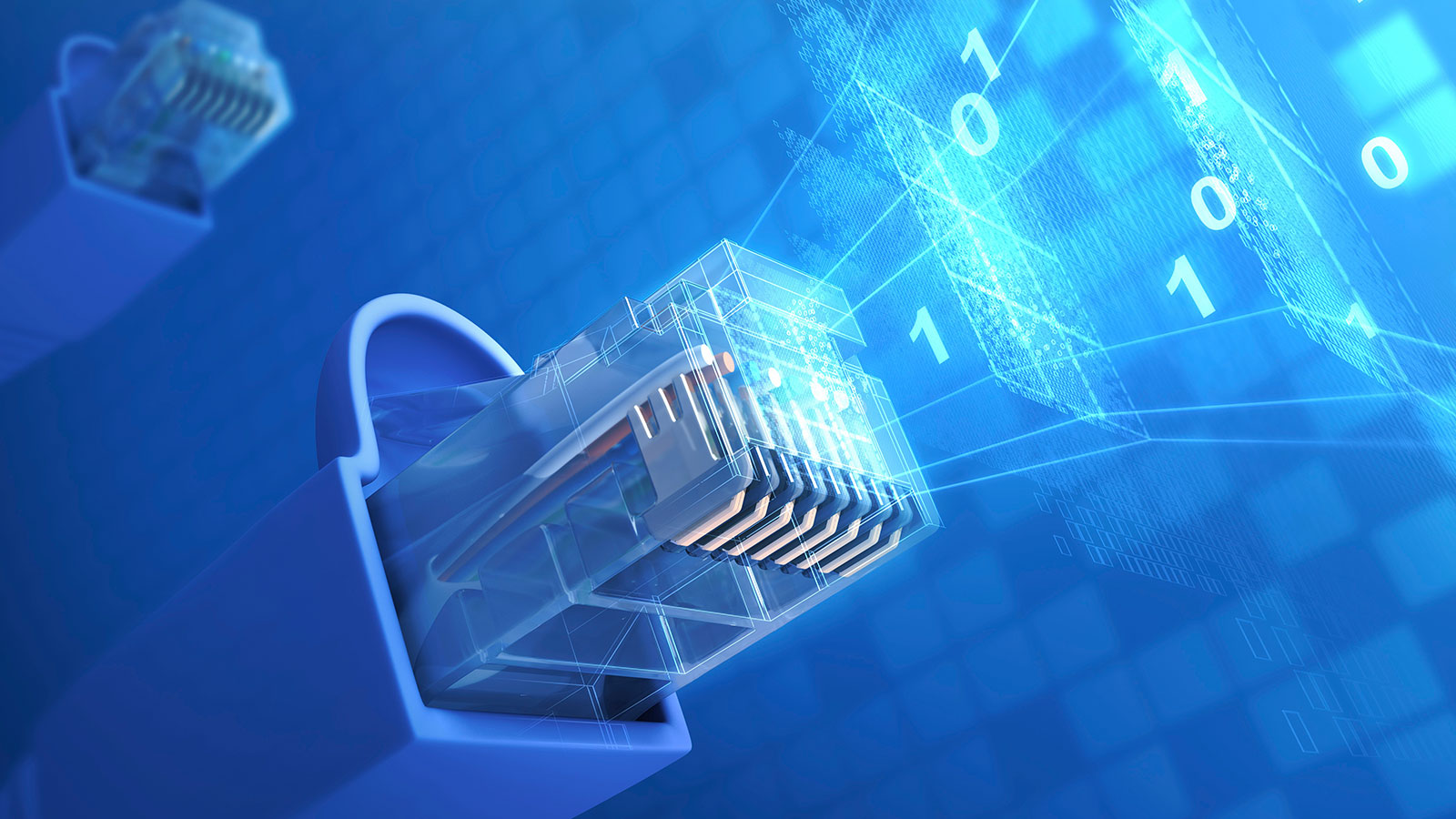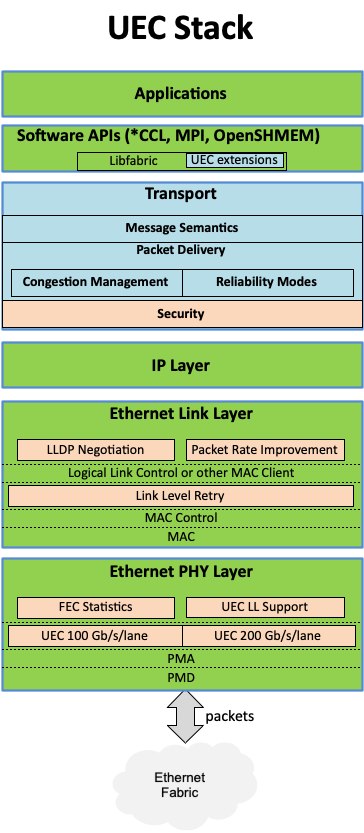Ultra Ethernet Consortium adds 45 new members in five months – aiming for version 1.0 to connect HPC and AI clusters this year
UEC now consists of 55 companies.

The Ultra Ethernet Consortium (UEC) that is building next-generation interconnection technology for high-end AI and HPC clusters announced on Wednesday that it now includes 55 members and 715 industry experts. Apparently, the interest in the new technology is so high that the organization gained 45 new members in about five months.
Ethernet technology is ubiquitous and, no less important, it is an industry standard. But it's not fast for feature-rich enough for large AI and HPC clusters. The Ultra Ethernet Consortium aims to refine Ethernet technology by focusing on targeted improvements of hardware and software, while maintaining its core structure for cost-efficiency and interoperability. Enthusiasm in the industry for this technology is understandably quite high.
The consortium has made significant progress in a short time. Since November 2023, UEC has seen a 450% increase in membership, starting with 10 steering members in October 2023 and totaling 55 today. Such giants as Baidu, Dell, Huawei, IBM, Nokia, Lenovo, Supermicro, and Tencent decided to join the industry group in the last several months.
"There was always a recognition that UEC was meeting a need in the industry," said J Metz, Chair of the UEC Steering Committee. "There is a strong desire to have an open, accessible, Ethernet-based network specifically designed to accommodate AI and HPC workload requirements. This level of involvement is encouraging; it helps us achieve the goal of broad interoperability and stability."
UEC is working on specifications with an ambitious timeline, aiming to release version 1.0 publicly in the third quarter of 2024. So having 715 industry experts working on it will come in quite handy. The consortium's eight technical working groups cover a range of topics, including the Physical Layer, Link Layer, Transport Layer, Software Layer, Storage, Compliance, Management, and Performance & Debug. Recently the group released some preliminary details about the technology ahead of the Ultra Ethernet 1.0 publication later this year.

One of the key things that Ultra Ethernet attempts to do is increase the performance of AI and HPC workloads by upgrading RDMA (Remote Direct Memory Access) operation over Ethernet. The UEC Transport (UET) aims to achieve this by introducing several innovations that lead to increased network utilization and reduced tail latency, both essential for minimizing AI and HPC job completion times. Notable features include multi-path packet spraying, adaptable ordering, and sophisticated congestion control mechanisms, all contributing to efficient and dependable data transmission.
Get Tom's Hardware's best news and in-depth reviews, straight to your inbox.
The consortium is backed by founding members like as AMD, Arista, Broadcom, Cisco, Eviden, HPE, Intel, Meta and Microsoft. Still, despite huge success gaining additional members, the consortium yet has to gain support from such industry giants as AWS, Google, and Nvidia, who play a crucial role in the AI and HPC spaces.

Anton Shilov is a contributing writer at Tom’s Hardware. Over the past couple of decades, he has covered everything from CPUs and GPUs to supercomputers and from modern process technologies and latest fab tools to high-tech industry trends.
-
bit_user After decades of failed attempts to replace Ethernet, it's interesting to see their "embrace and extend" approach.Reply
None of it relevant to home networking, I'm sure. I expect most of it is aimed in the 100 Gbps range and above. Though, that doesn't preclude the possibility that home Linux users can play with some of the enhanced protocols, provided they don't require hardware-level support.